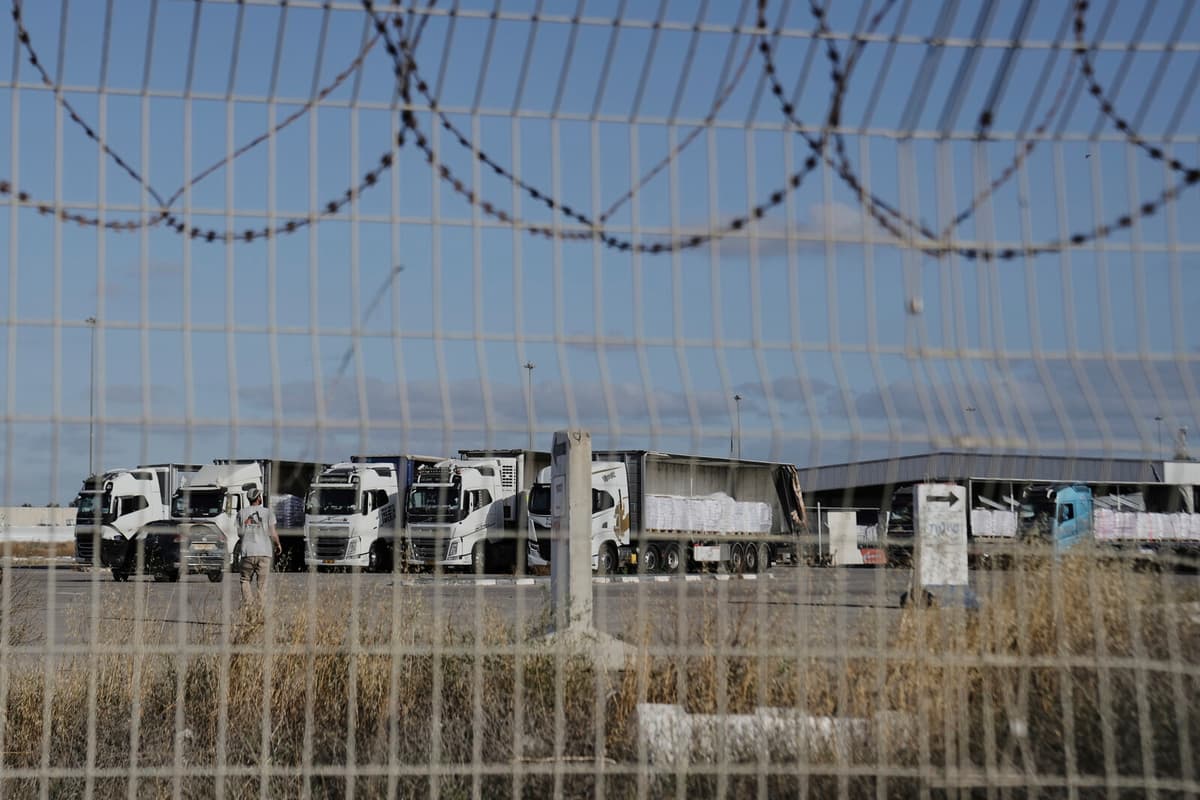A limited number of trucks have been allowed to enter Gaza after eleven weeks of Israeli blockade. By the end of May, a completely new mechanism will be in place to distribute aid to Gaza, according to an agreement between Israel and the USA.
Four distribution sites will be ready – three in southern Gaza and one in the central parts of the area. Initially, none in the north, despite large parts of the population being there, but Israel has agreed to later increase the number of sites. Among other things, in northern Gaza, according to Jake Wood, who has been appointed as the head of the Gaza Humanitarian Foundation (GHF).
Security will be handled by a private American security company.
Forcing away more
No traditional aid organizations are part of the plan, and the criticism has been sharp. According to established aid organizations, Palestinians will once again be forced to flee, and more lives will be put at risk. According to the UN's aid chief Tom Fletcher, the plan is "a deliberate distraction".
This makes starvation a bargaining chip, he said in the UN Security Council recently.
Twenty-two countries demanded on Monday that Israel allow the UN and humanitarian organizations to work "independently and impartially" in Gaza.
According to Israel, the plan is a way to prevent deliveries from being handled or stolen by terrorist-stamped Hamas. The country has repeatedly claimed that Hamas embezzles aid intended for civilians.
"Controlling access"
Jake Wood is a war veteran from the USA. He calls the situation in Gaza "obviously urgent", but believes that it does not matter whether the Israeli claims that Hamas steals humanitarian aid are true or not.
Israel controls access to Gaza. If they believe that a large proportion of aid is stolen by Hamas and other non-state actors, then we have no choice but to create a mechanism that works within that framework, he says.
According to the current plan, the organization will provide 300 million meals during the first 90 days, a number that Jake Woods himself says is not sufficient.
The first weeks are expected to be able to provide food for up to 60 percent of Gaza's population. How long it will take to reach the entire population of over two million people is unclear, says Wood to CNN.






